How Hard Is It To Get A Discover Credit Card
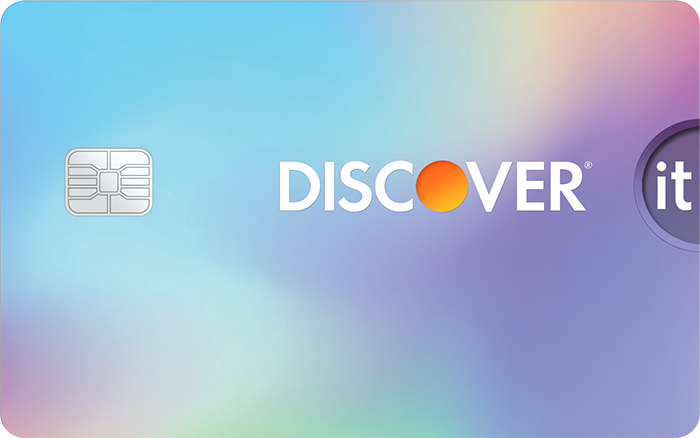
In the competitive landscape of credit cards, securing approval can feel like navigating a complex maze. Discover, known for its customer-friendly approach and rewards programs, is a popular choice. But just how difficult is it to get your foot in the door and obtain a Discover credit card?
The approval process hinges on a variety of factors, including credit score, income, and overall financial health. This article delves into the intricacies of Discover's credit card approval criteria. It explores the nuances that determine whether you receive that coveted plastic in the mail.
Understanding Discover's Credit Score Requirements
Discover offers a range of credit cards, each tailored to different credit profiles. Discover it® Secured Credit Card, for example, is designed for individuals with limited or no credit history. This requires a security deposit, making it easier to obtain than an unsecured card.
For their unsecured cards, Discover generally requires a good to excellent credit score, typically ranging from 670 to 850. According to Experian, a credit score is a numerical expression of a person's creditworthiness.
A score in this range suggests a responsible history of managing debt. Potential applicants should note that Discover, like all credit card issuers, will review their entire credit report.
Beyond Credit Score: Income and Employment
Credit score is paramount, but it's not the only piece of the puzzle. Discover also considers your income and employment status. These factors demonstrate your ability to repay the debt you accrue.
Applicants must provide verifiable income information. This could include pay stubs, W-2 forms, or tax returns. Self-employed individuals may need to provide additional documentation to prove their income stability.
While there isn't a specific minimum income requirement publicly stated by Discover, a higher income generally increases your chances of approval. A stable employment history is also a positive indicator.
Factors That Can Hinder Approval
Several factors can negatively impact your application. These include a high debt-to-income ratio, late payments, or a history of defaults. A recent bankruptcy or collection accounts will severely hinder your chances.
Too many recent inquiries on your credit report can also raise red flags. Credit inquiries signal to lenders that you are actively seeking credit, which could suggest financial instability. According to TransUnion, spreading out credit applications over time can improve your odds.
Even with a good credit score, a high utilization ratio (the amount of credit you're using compared to your total available credit) can be detrimental. Experts recommend keeping your credit utilization below 30%.
Tips for Improving Your Chances
Before applying, it’s wise to review your credit report for any inaccuracies. Disputing errors can potentially raise your credit score. Pay down existing debt to lower your credit utilization ratio.
Consider becoming an authorized user on someone else's credit card if you have limited credit history. Responsible use of that card can help build your credit profile. Applying for a secured credit card, like the Discover it® Secured Credit Card, is another viable option.
Wait at least six months between credit card applications. This allows your credit report to stabilize. Ensure all information provided on your application is accurate and up-to-date.
The Role of Discover's Internal Algorithms
Like most financial institutions, Discover utilizes sophisticated algorithms to assess risk. These algorithms analyze various data points beyond just your credit score. They are constantly evolving based on market conditions and internal performance data.
The specifics of these algorithms are proprietary and not publicly disclosed. However, they likely incorporate factors such as spending habits, payment patterns, and overall credit behavior. This means that even with a seemingly qualifying credit score, your application could still be denied based on other data points.
These algorithms also help Discover identify potential fraud risks. Applications flagged as suspicious are subject to further scrutiny.
Looking Ahead: The Future of Credit Card Approvals
The credit card landscape is continually evolving. Alternative credit scoring models, which consider factors beyond traditional credit reports, are gaining traction. These models could potentially expand access to credit for individuals with limited credit histories.
Discover, like other issuers, is likely to adopt these new technologies to refine its approval process. This could lead to a more nuanced and personalized assessment of creditworthiness. However, responsible credit management will remain crucial regardless of the scoring model used.
Ultimately, getting approved for a Discover credit card depends on a combination of factors. These factors includes a strong credit profile, a stable financial situation, and a thorough understanding of Discover's application process. Staying informed and taking proactive steps to improve your credit health will significantly increase your chances of success.

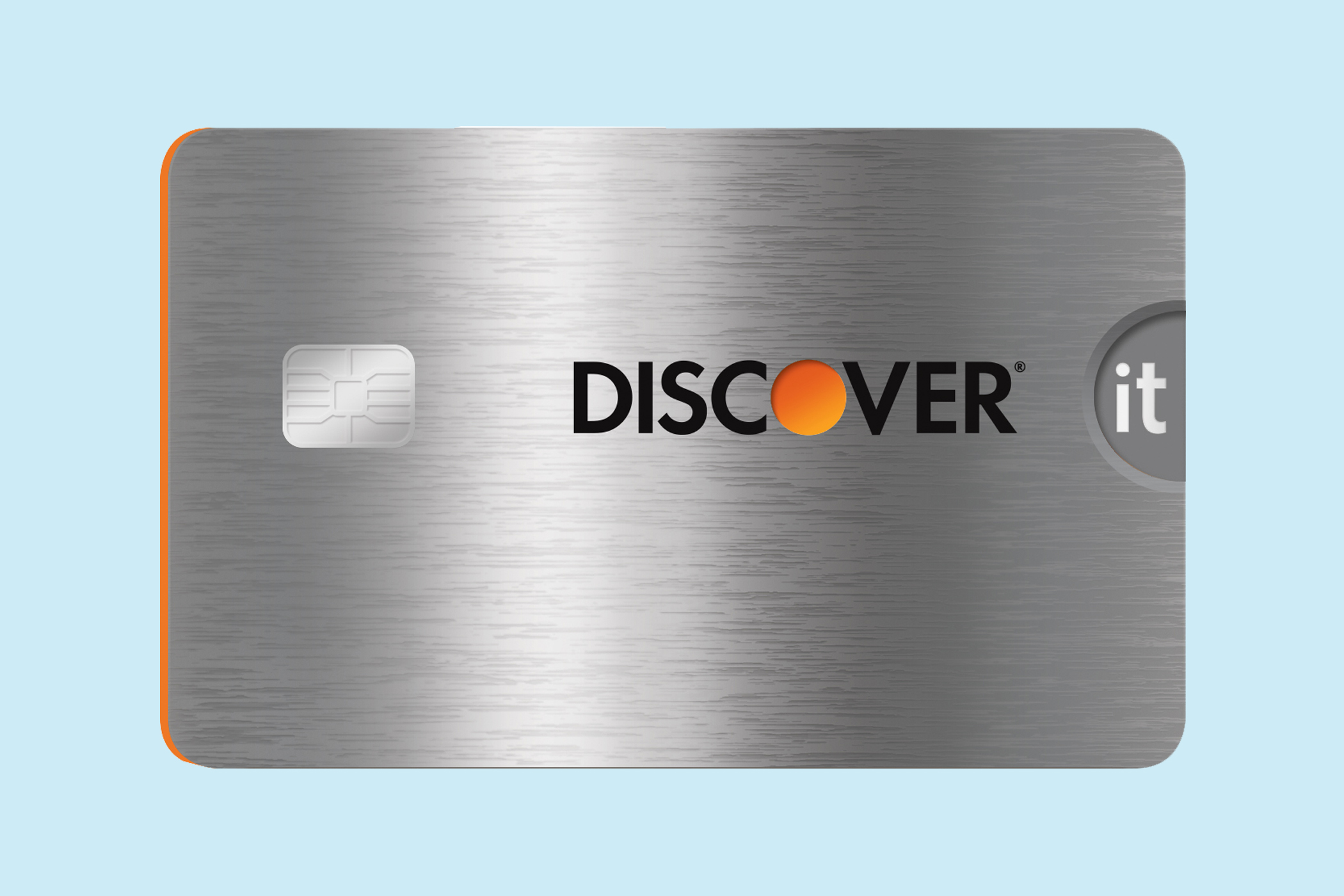
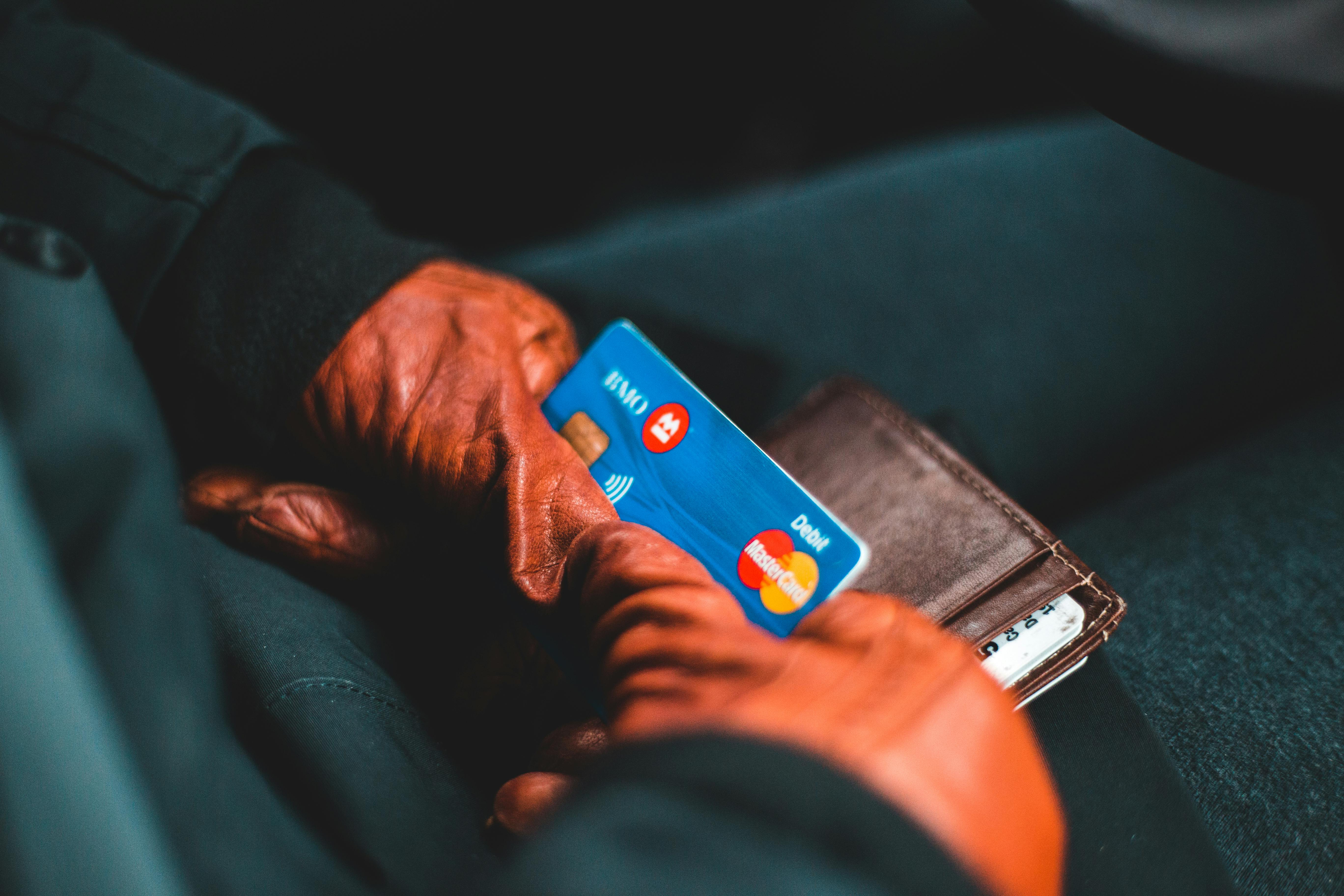


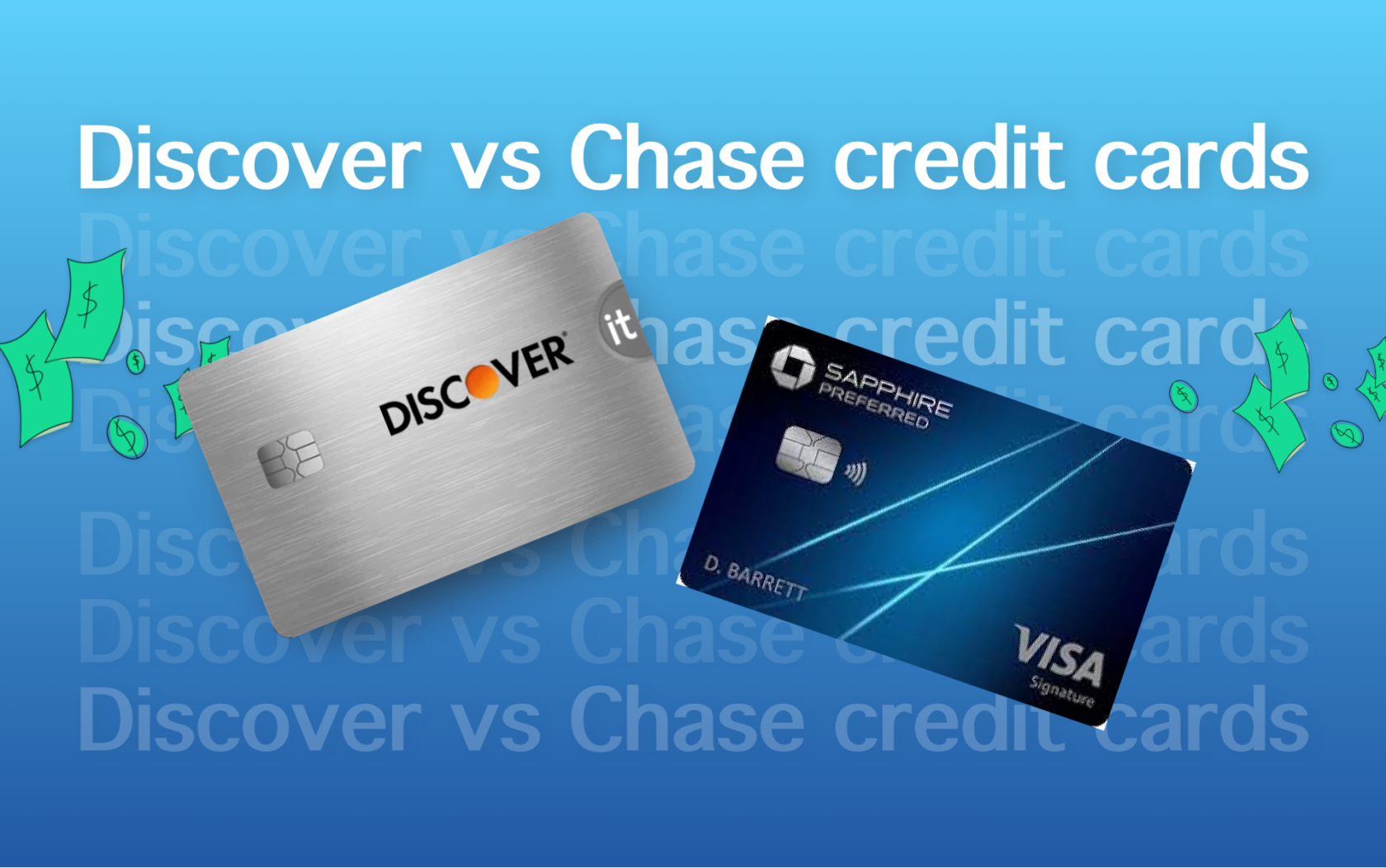
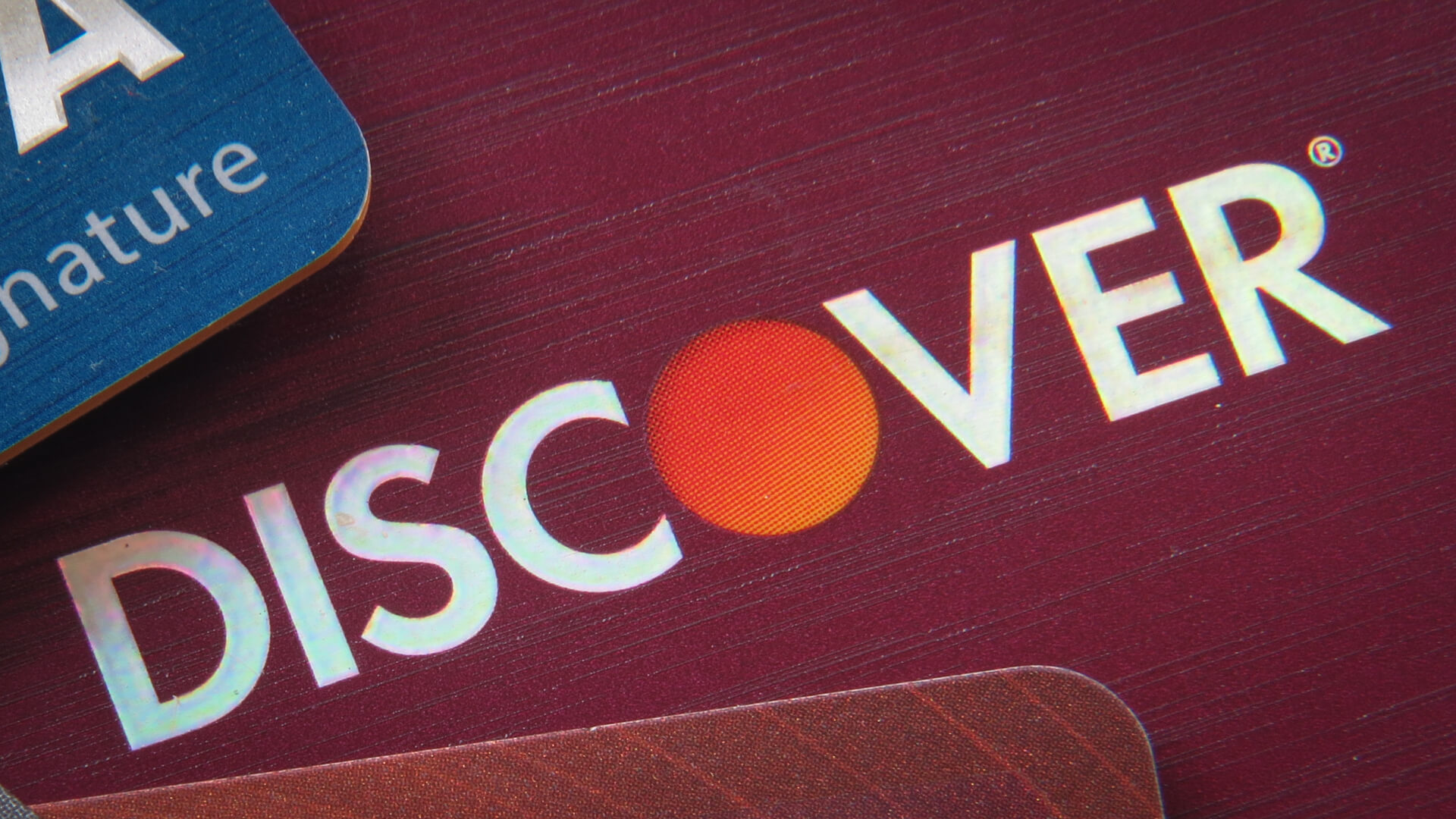
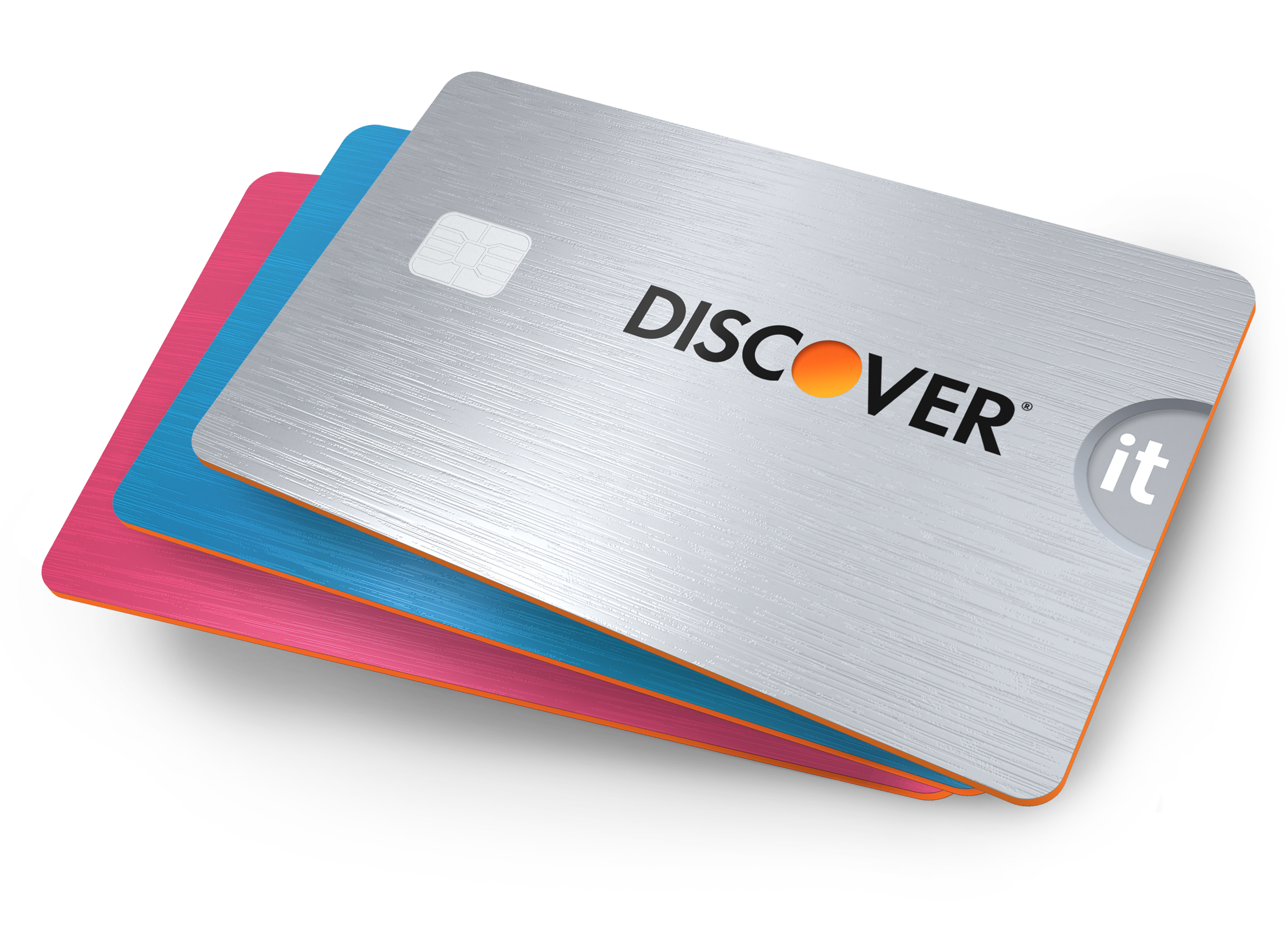
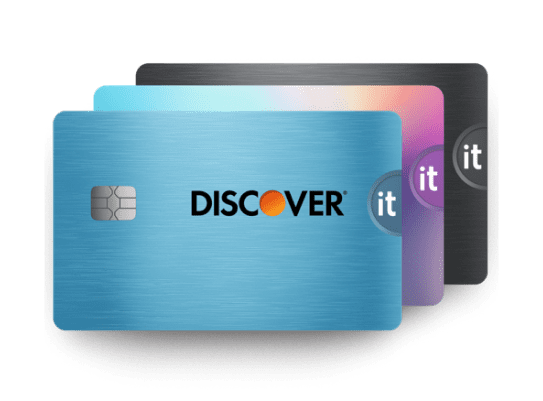
![How Hard Is It To Get A Discover Credit Card Discover vs Visa: Which Credit Card is Right for You? [2023] - YouTube](https://i.ytimg.com/vi/TJ5PLSzpGT8/maxresdefault.jpg)



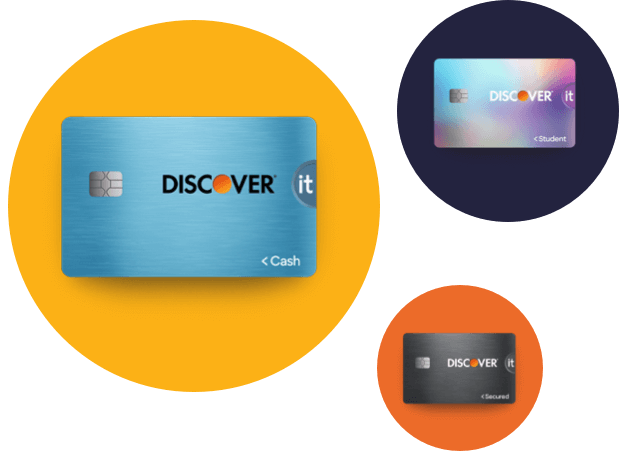
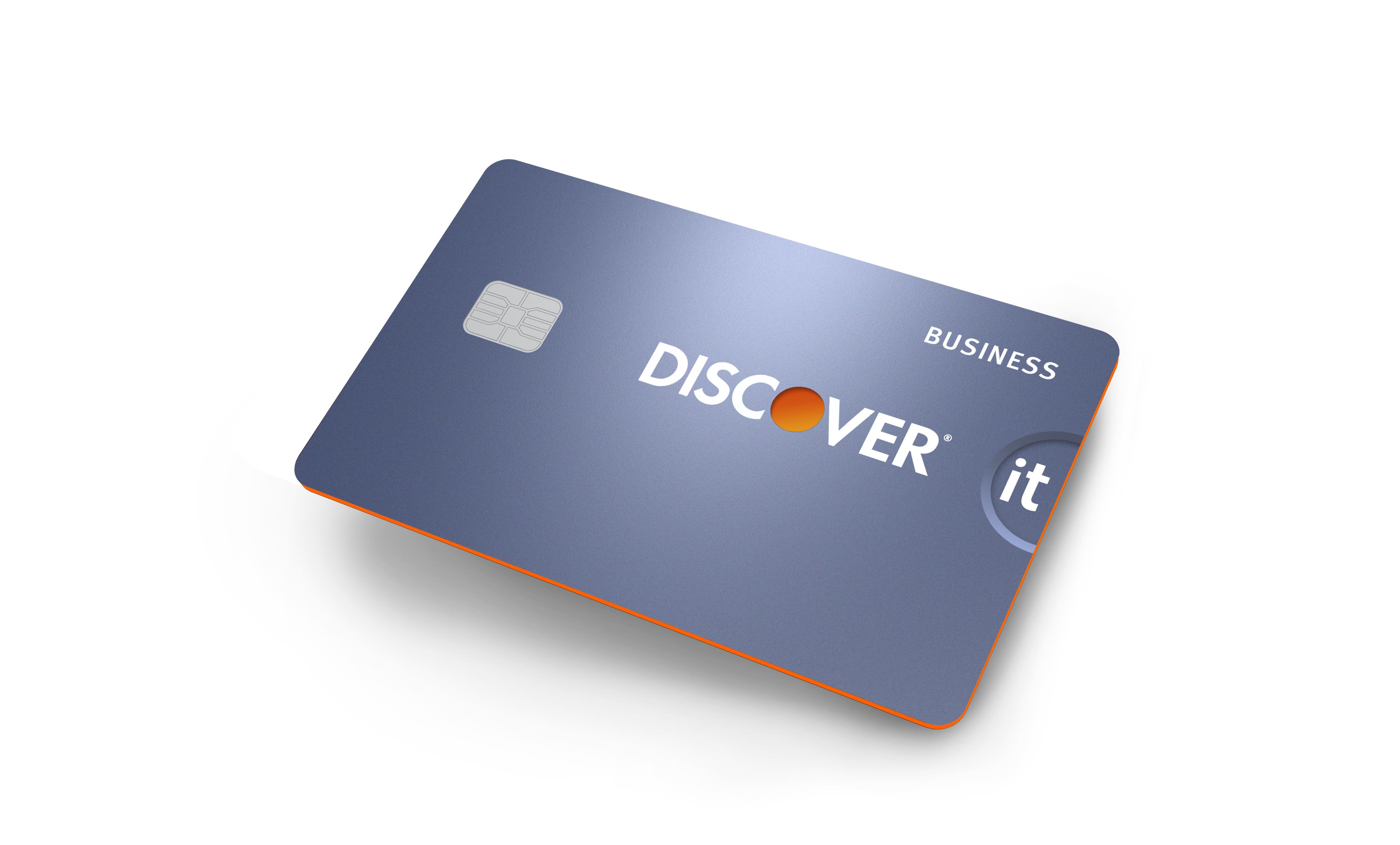
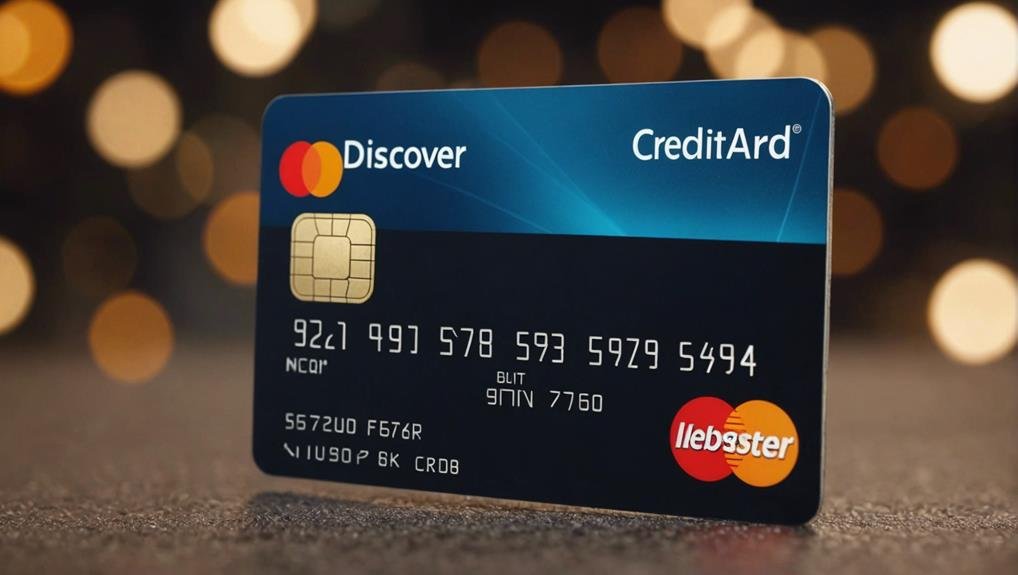
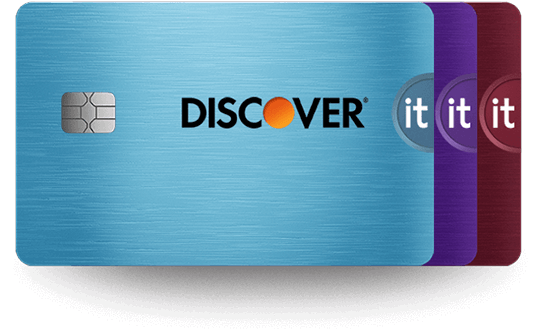
:max_bytes(150000):strip_icc()/discover-business-card_FINAL-62720016f74d497d90e0dc0896ca0be4.png)
